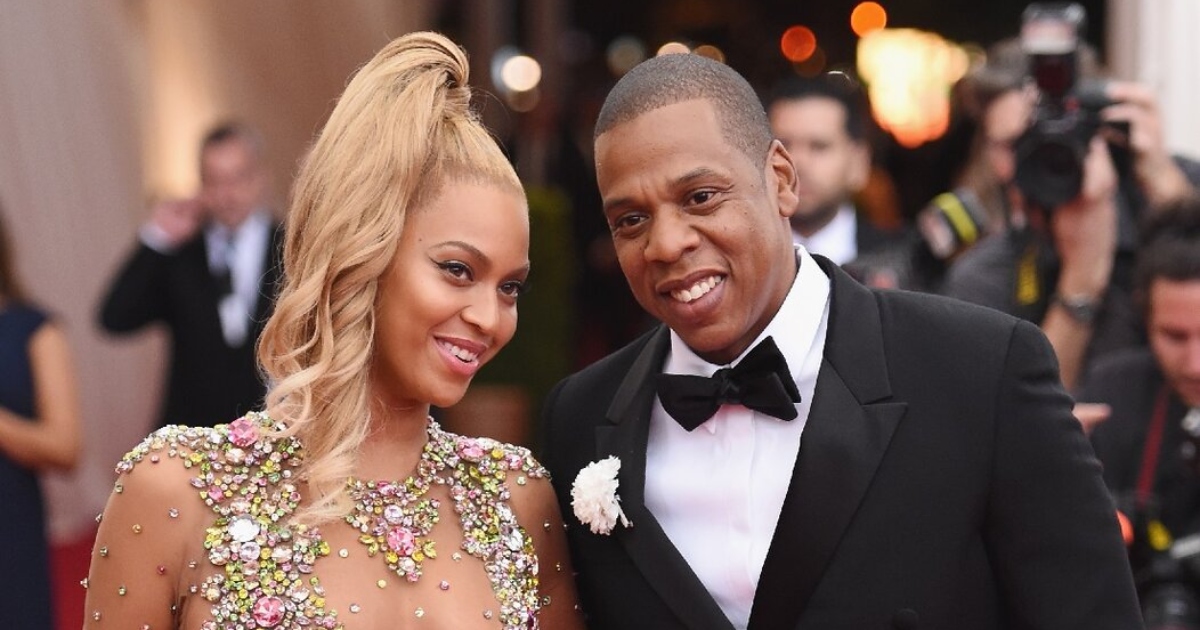Blue Ivy Carter, the 13-year-old daughter of music icons Beyoncé and Jay-Z, has lived a life of extraordinary privilege since her birth. Growing up in a world of immense wealth and luxury, she has experienced advantages that most children can only imagine. From a $20,000 crib resembling a royal carriage to a $70,000 diamond-encrusted Barbie doll, a personal pony, and the convenience of a private jet for travel between her family’s five homes, Blue Ivy’s upbringing has been anything but ordinary.

With a substantial following of millions tracking her life, Blue Ivy has already garnered her own fanbase. She has also begun to step into the spotlight, performing on stage alongside her globally renowned mother. Her confidence and presence during these performances have led some to agree with her own self-assessment as a professional in her field, showcasing a level of maturity and engagement beyond her years.

However, Blue Ivy’s unique upbringing has also drawn scrutiny and sparked debate among those who observe her life from afar. Some express concern about the potential impact of such extreme privilege, questioning what might happen if the family’s financial circumstances were to change. Others suggest that she should be grateful for the opportunities afforded to her by her parents’ success, while some go as far as labeling her a “spoiled child.”

A recurring theme in the commentary surrounding Blue Ivy’s life is the question of whether such an existence can truly constitute a happy childhood. Some express concern that living in a “golden cage” might isolate her from the experiences of ordinary children. The inability to engage in simple childhood activities like playing in the yard or forming friendships outside of a highly curated environment raises questions about the normalcy of her upbringing.

Ultimately, Blue Ivy Carter’s life represents the complexities of growing up in the extreme spotlight of fame and fortune. While she undoubtedly benefits from unparalleled opportunities and resources, her experiences also invite reflection on the potential trade-offs that come with such a unique upbringing. The public’s fascination with her life and the contrasting opinions expressed highlight the ongoing discussion about privilege, childhood, and the definition of a “happy” upbringing.
